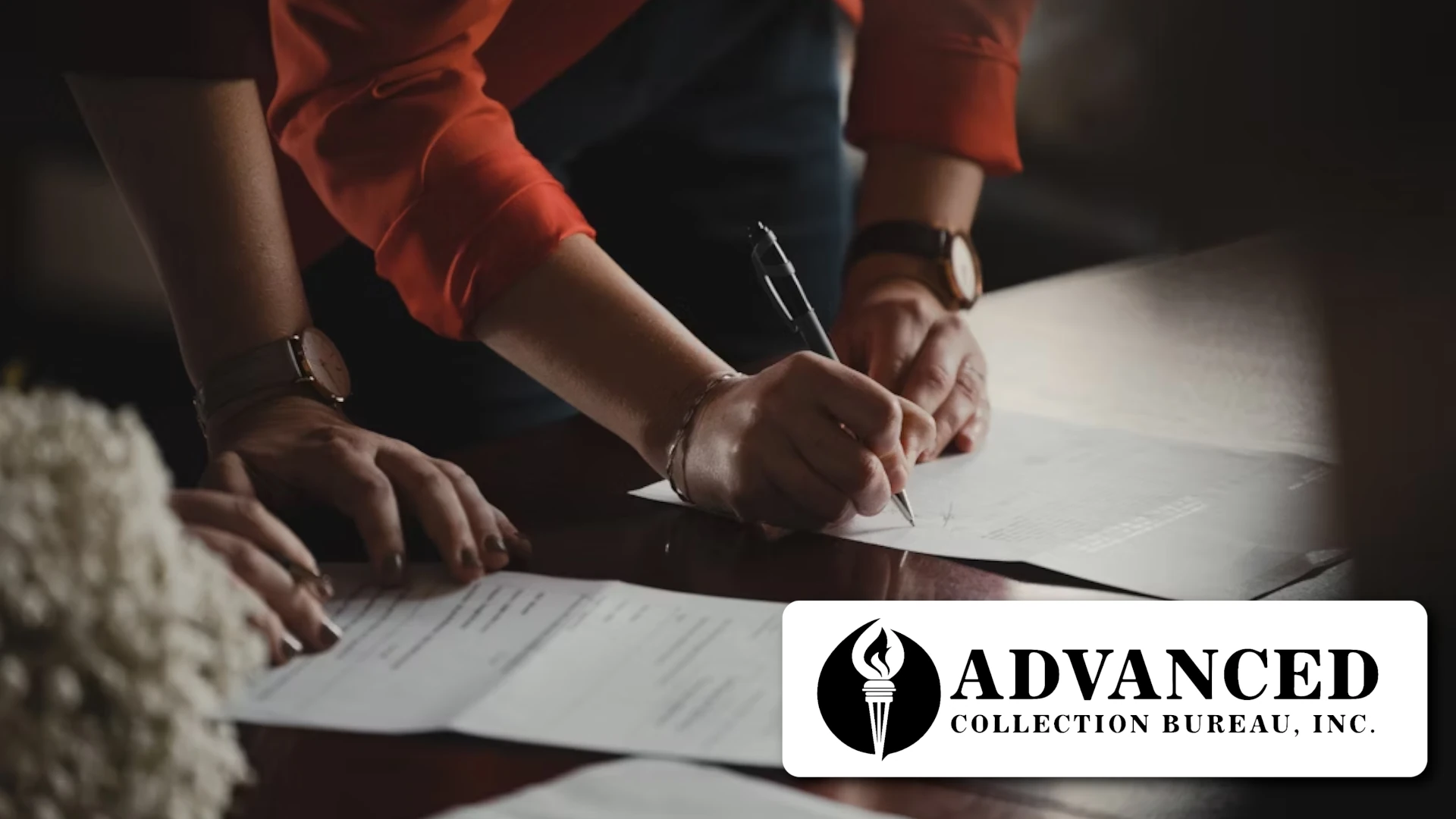When a debt lands in collections, a lot of questions come up. One of the most common is: “Am I legally required to pay this?” It’s a fair concern, especially if the debt seems old, unfamiliar, or already damaging your credit. The short answer is yes—under most circumstances, unpaid debts are enforceable. But the longer answer involves time limits, documentation, and your rights as a consumer.
At Advanced Collection Bureau (ACB), we believe in helping people understand the facts behind debt recovery. Whether you're a debtor trying to figure out your next move or a landlord wondering how much leverage you still have, knowing the legal framework can make all the difference.
Yes, Debt Collection Is Backed by Law
When you borrow money, sign a lease, or receive services without paying, you create a legally binding obligation. If that obligation isn’t fulfilled, the creditor has the legal right to pursue payment. If the debt is sent to a collection agency, the agency is acting either on behalf of the creditor or as the new owner of the debt.
In either case, your legal responsibility to pay does not simply disappear.
That said, collectors must follow the rules. The Fair Debt Collection Practices Act (FDCPA) protects consumers from deceptive or abusive behavior. Collectors are required to verify debts and communicate clearly. You can learn more about those protections in Fair Debt Collection Practices Act: Your Rights Explained.
The Role of the Statute of Limitations
There is one legal factor that can affect your obligation to pay: the statute of limitations. This is the amount of time a creditor or collector has to sue you over an unpaid debt. It varies by state and by the type of debt, usually ranging from three to six years, but sometimes longer.
Important: The expiration of the statute of limitations does not mean the debt disappears. It means that while a collector can still contact you and ask for payment, they may not be able to sue you for it. In some states, making a payment or acknowledging the debt could restart that clock.
If you're unsure about the age of your debt or how it affects your options, consult legal counsel or your state’s consumer protection office.
What Happens If You Choose Not to Pay
Even if the debt is legally valid, some people choose not to pay. That decision comes with consequences.
Credit Damage
Most collections will appear on your credit report for up to seven years, regardless of whether the debt is eventually paid or not.
Increased Contact
Collectors will continue to contact you by mail, phone, or email, unless you formally request they stop or the debt is resolved.
Legal Action
If the debt is still within the statute of limitations, the creditor may sue you. A court judgment could lead to wage garnishment, property liens, or bank levies.
For a deeper look at what happens when collections are ignored, read What Happens If You Ignore Debt Collection?.
Why Settling or Paying May Still Be the Best Move
Even if you're unsure about paying the full amount, it may still be in your best interest to resolve the debt. Many collection agencies, including ACB, offer payment plans or settlements. These options allow you to close the account and minimize further damage.
We explore this more in What Is the Lowest a Debt Collector Will Settle For?.
Plus, if you're planning to rent a new place, apply for a mortgage, or secure a business loan, unresolved collections can get in the way. Lenders and landlords look at your credit history, and an unpaid collection can raise a red flag.
If you’re a landlord or business owner on the other side of the equation, working with a professional agency ensures your collections are handled legally and respectfully—boosting your chances of recovery without damaging your brand. Learn more in Should Landlords Hire a Debt Collection Agency?.
Final Thoughts: Obligation and Opportunity
Are you legally obligated to pay collections? In most cases, yes. That obligation stems from an agreement or service rendered and remains enforceable under the law. Ignoring it won’t make it go away, but addressing it early can help you avoid legal trouble, repair your credit, and move forward.
At ACB, we believe in resolution, not intimidation. Whether you're trying to recover an unpaid balance or settle one, we help both sides find a professional, fair, and compliant path forward.














